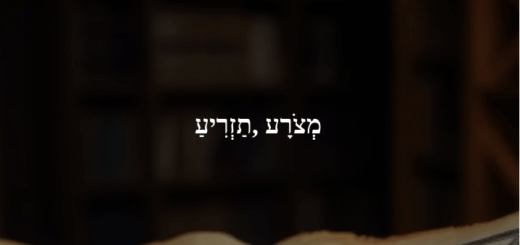Ki Tavo / פָּרָשַׁת כִּי־תָבוֹא/ When you enter

This short article has been created with the help of AI instruments and reviewed by an editor
WITH GOD’S HELP!
This week, 14 – 20 Elul 5785 (September 7 – 13, 2025) the people of Israel read the weekly Torah portion 50. פרשת כי תבוא (Parashat Ki Tavo) is a portion of the Torah found in the Book of Deuteronomy (Dvarim) 26:1-29:8. This parasha is typically read in the fall, often around the time of the High Holidays, and it carries significant themes and commandments. Here are some key elements:
Summary and Themes:
- Entering the Land:
- The parasha begins with instructions for the Israelites on how to present the first fruits of the harvest when they enter the Promised Land. This act is a demonstration of gratitude to God.
- Declaration of Gratitude:
- Upon bringing the first fruits, the person making the offering recites a declaration of gratitude that recounts the history of the Israelites, including their slavery in Egypt and God’s subsequent redemption.
- Blessings and Curses:
- A significant portion of the parasha outlines blessings for obedience to God’s commandments and curses for disobedience. The blessings include prosperity and well-being, while the curses detail the consequences of turning away from God’s laws.
- Covenant Renewal:
- The parasha emphasizes the importance of the covenant between God and the Israelites, urging them to remain faithful and adhere to the laws given to them.
- National Responsibility:
- It highlights the collective responsibility of the Israelites as they prepare to enter the land. The community is encouraged to uphold their obligations to God and one another.
Additional Insights:
- Agricultural Laws:
- The first fruits offering encapsulates the agricultural laws that are part of Israelite life, showcasing the connection between spirituality and daily life.
- Rituals and Practices:
- The discourse about curses is often associated with various rituals and practices intended to encourage adherence to the Torah’s commandments.
- Historical Context:
- The recounting of the Israelites’ history in the declaration of gratitude serves not only as a reminder of their past struggles but also as a call to mindfulness about their identity and responsibilities.
Conclusion:
Parashat Ki Tavo serves as a reminder of gratitude, the significance of following divine commandments, and the importance of collective identity in religious observance. It sets the stage for the responsibilities that the Israelites will face as they settle in the Promised Land.






